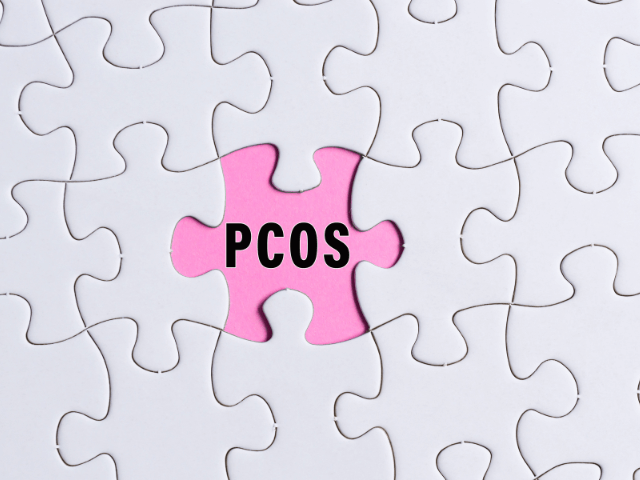
PART 1: What are Hormones?
Ladies! Are you feeling bloated, irritable, or just not your best? Are you experiencing fluctuations in weight that you’re not able to fix?
Shifts in your hormones could be to blame. When you have hormonal imbalances, you have too much or too little of a certain hormone. Even tiny changes can have serious effects throughout your entire body.
What if I told you that there are changes to diet and lifestyle that you can make to free you from painful periods, mood swings, weight fluctuations and potentially life threatening hormone related diseases? Imagine a bloat free, non irritable lead up to your periods or a pain free menstrual cycle. The key to these wonders is in balancing your hormones.
In this article, I will explain what hormones are and address hormone imbalances in WOMEN,. I’ll address their role in lifestyle conditions like fat gain, uterine fibroids, endometriosis, poly-cystic ovarian syndrome (PCOS), and fertility and offer 10 ways to bring hormone balance back into your life.
So what are hormones?
Hormones are your body’s CHEMICAL MESSENGERS. They’re produced in the endocrine glands, and are powerful chemicals traveling around your bloodstream, telling tissues and organs what to do. They help control many of your body’s major processes – including mood, metabolism, body fat, energy levels and reproduction.
Think of hormones like a meal recipe. Too much or too little of any one ingredient affects the final product. While some hormone levels fluctuate throughout one’s lifetime, and may be the result of natural aging, other changes occur when your endocrine glands get the recipe wrong.
There are two main sex hormones you should know about – Estrogen and Progesterone.
Estrogens are a group of hormones in women. They play an important role in sexual and reproductive development. ESTROGEN is a sex hormone and what makes you female. It affects the reproductive and urinary tracts, the heart and blood vessels. It also affects the bones, body fat, and brain. It controls characteristics like breast tissue, skin, hair, mucous membrane, pelvic muscles, and hips.
PROGESTERONE, on the other hand – is also known as the CALMING hormone. It helps prevent anxiety and helps you sleep at night. Sometimes called the PREGNANCY hormone, progesterone plays an important role in fertility. Progesterone helps a woman achieve and maintain pregnancy, which is a HIGH PROGESTERONE STATE, and also why many women feel really calm when pregnant.
Basically, great health comes from balancing these two hormones. If your estrogen or progesterone is too high or too low, then it’s going to manifest certain symptoms

Women who have EXCESS ESTROGEN, will most likely have bloating, weight gain, breast tenderness, cyclical headaches, moodiness, and heavy painful periods.
On the other end of the spectrum, women going through menopause, will experience a significant DROP in their estrogen levels. Symptoms of lowered estrogen can include hot flashes, vaginal dryness, dry skin, and memory issues
Similarly, if your PROGESTERONE IS TOO HIGH, you might feel groggy, bloated, or nauseous. And if your PROGESTERONE IS TOO LOW, you may have menstrual irregularities, anxiety, trouble sleeping and weight gain.
Chronically elevated estrogen can lead to estrogen DOMINANCE in the body.
This is a result of excess estrogen not being cleared or detoxified by the body properly. Over time it can lead to more serious conditions like dense breasts, cysts and even breast cancer. When fibroids get really big, it can lead to ENDOMETRIOSIS – where the inner lining of the uterus spreads to other parts of the pelvis, where it’s not meant to be – causing extremely painful periods. This can cause thyroid nodules and ovarian cysts, potentially causing PCOS.
So how can you reduce Estrogen dominance? Click here to know 10 things you can do.


